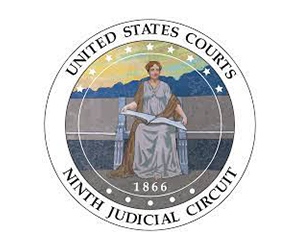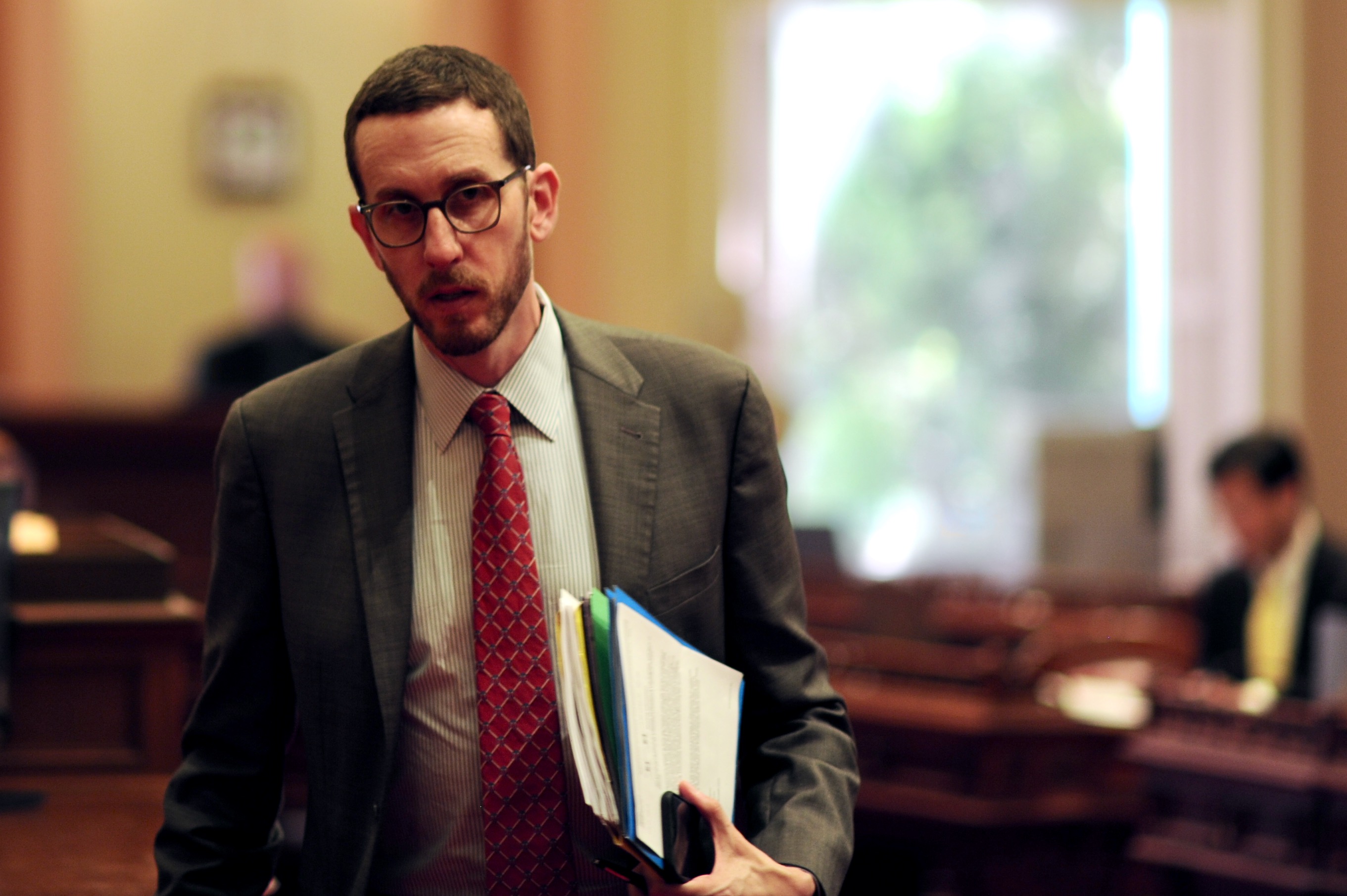
9th U.S. Circuit Court of Appeals Seal (ca9.uscourts.gov)
Appeals Court Upholds Google Streetview Settlement, Ends 11-Year-Old Privacy Case
Joffe V. Google and subsequent appeals has been tied up in courts since 2010
By Evan Symon, December 28, 2021 10:20 am
The San Francisco-based 9th Circuit Court of Appeals ruled on Monday to uphold Google’s $13 million settlement payment to nine privacy advocacy groups, finally ending the Joffe v. Google case that has been challenged for over eleven years.
In 2010, Google was sued by several privacy advocacy groups, including the American Civil Liberties Union and the Center for Digital Democracy for collecting data such as passwords, e-mails. documents, and sensitive messages from private wi-fi networks from 2008 to 2010 through it’s Street View program, affecting as many as 60 million people.
The class action suit accused Google of breaking Title One of the Electronic Communications Privacy Act of 1986 (ECPA), also known as the Wiretap Act. Google subsequently tried to get an exemption from ECPA by claiming that it was simply an electronic communication through publicly available networks, but the claim was rejected in court.
Google tried to Appeal again in 2013 to the Ninth Circuit Court but was struck down again for similar reasons.
“Wi-Fi communications do not qualify as a radio communication, or an electronic communication that was readily accessible to the general public, such that Google deserved an exemption from the Wiretap Act,” said Circuit Judge Jay Bybee that year writing the opinion for the three-judge panel. “Even if it is commonplace for members of the general public to connect to a neighbor’s unencrypted Wi-Fi network, members of the general public do not typically mistakenly intercept, store, and decode data transmitted by other devices on the network.”
Google continued to challenge the ruling for another five years before finally agreeing to settle for the $13 million, giving the funds directly to the nine suing organizations rather than distributing it evenly to all 60 million affected people. However, several class members and state attorneys general rejected this, saying that the funds should go to the class members instead, prolonging the case until 2020. A District Court approved the settlement last year, but a class member, David Lowery, appealed it.
An Appellate decision over the Google settlement
This led to the Appeals ruling on Monday. Circuit Court Judge Bridget Bade, speaking for the three-judge panel, said that distributing the funds to the 60 million affected people would be unrealistic and would cost too much it terms of both time and money.
“Because self-identification would be pure speculation, and any meaningful forensic verification of claims would be prohibitively costly and time-consuming, we affirm the district court’s finding that it was not feasible to verify class members’ claims as would be necessary to distribute funds directly to class members,” said Bade.
Despite the money now going to the nine groups, the panel also noted that class members saw no benefit from having funds be given to third party groups as a result.
Bade added in her opinion that “Despite the acceptance of the theory of indirect benefit, there is, in my view, a compelling argument that class members receive no benefit at all from a settlement that extinguishes their claims without awarding them any damages, and instead directs money to groups whose interests are purportedly aligned with the class members, but whom they have likely never heard of or may even oppose.”
Many experts noted on Tuesday that the final end of the case could have some ramifications in the future.
“There’s not only Google having to finally pay, but Judges also noting a growing distaste for class action funds going to these third party groups instead of the people actually hurt,” explained tech lawyer Gale Fredericks to the Globe on Tuesday. “Cy pres payments do make sense with a lot of people, but in cases with fewer, judges may be more willing to side with individuals more in the future.
“For California, this is another big case showing how federal courts are more willing to side against some tech companies. They don’t usually lose.”
Lawyers for Lowery noted on Monday that they are currently looking over their options for “further review”.
- Bill to Require Law Enforcement Disclosure if AI Was Used To Help Write Reports - August 7, 2025
- Gov. Newsom Files FOIA Request To ‘Expose True Cost’ Of L.A. Federal Troop Deployment for Anti-ICE Riots - August 6, 2025
- California Redistricting: How Newsom’s Plan Will Demolish Hard Fought GOP Gains - August 6, 2025





Make it $130 billion if you want to change what Google does. $13 million is pocket change to the evil empire.
13 million would not cover the postage, let alone administrative costs, to 60 million claimants.